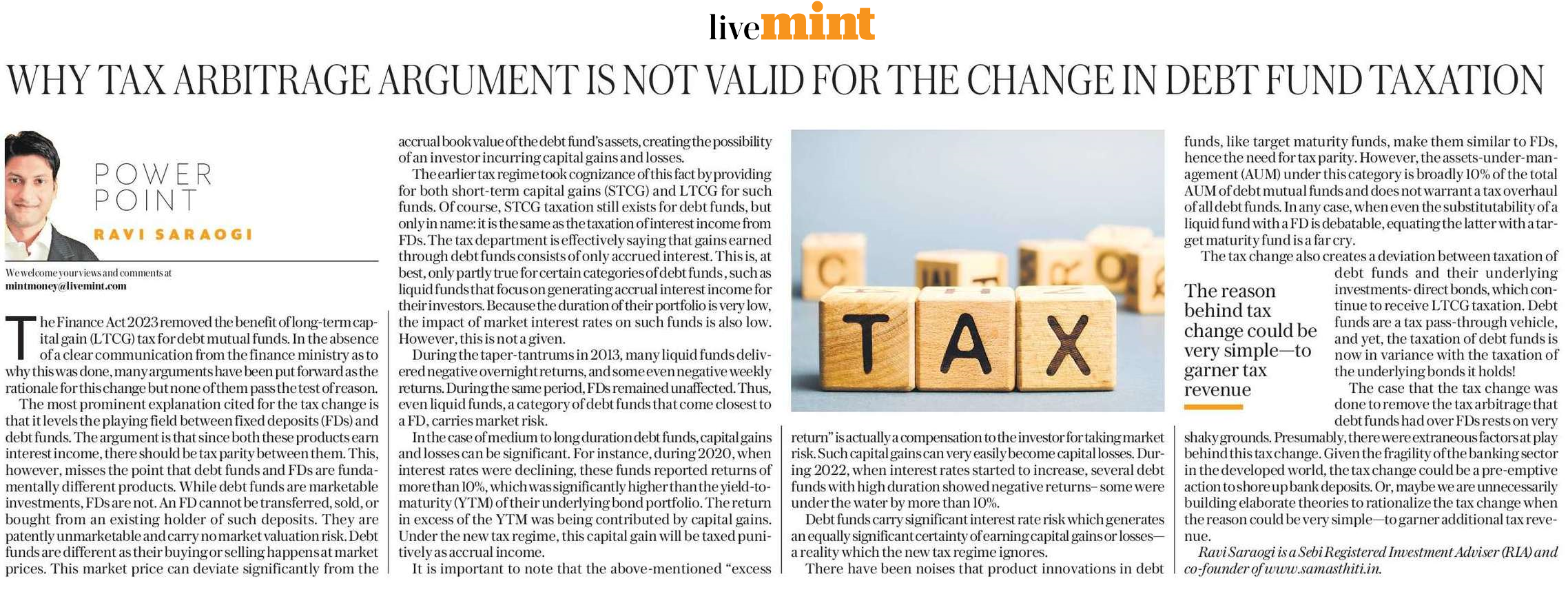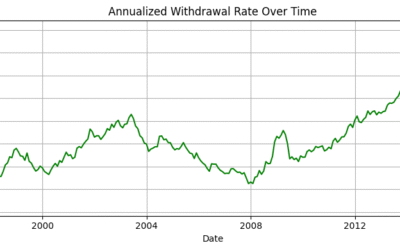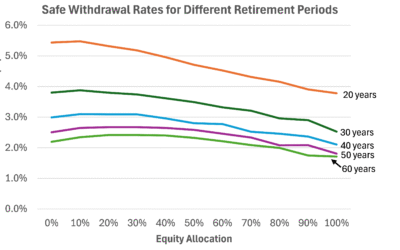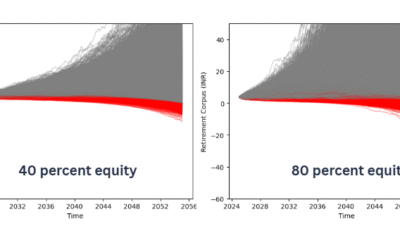The case that the tax change was done to remove the tax arbitrage that debt funds had over FDs rests on very shaky grounds.
The Finance Act 2023 removed the benefit of long-term capital gain (LTCG) tax for debt mutual funds. In the absence of a clear communication from the finance ministry as to why this was done, many arguments have been put forward as the rationale for this change but none of them pass the test of reason.
The most prominent explanation cited for the tax change is that it levels the playing field between fixed deposits (FDs) and debt funds. The argument is that since both these products earn interest income, there should be tax parity between them. This, however, misses the point that debt funds and FDs are fundamentally different products. While debt funds are marketable investments, FDs are not. An FD cannot be transferred, sold, or bought from an existing holder of such deposits. They are patently unmarketable and carry no market valuation risk. Debt funds are different as their buying or selling happens at market prices. This market price can deviate significantly from the accrual book value of the debt fund’s assets, creating the possibility of an investor incurring capital gains and losses.
The earlier tax regime took cognizance of this fact by providing for both short-term capital gains (STCG) and LTCG for such funds. Of course, STCG taxation still exists for debt funds, but only in name: it is the same as the taxation of interest income from FDs. The tax department is effectively saying that gains earned through debt funds consists of only accrued interest. This is, at best, only partly true for certain categories of debt funds , such as liquid funds that focus on generating accrual interest income for their investors. Because the duration of their portfolio is very low, the impact of market interest rates on such funds is also low. However, this is not a given.
During the taper-tantrums in 2013, many liquid funds delivered negative overnight returns, and some even negative weekly returns. During the same period, FDs remained unaffected. Thus, even liquid funds, a category of debt funds that come closest to a FD, carries market risk.
In the case of medium to long duration debt funds, capital gains and losses can be significant. For instance, during 2020, when interest rates were declining, these funds reported returns of more than 10%, which was significantly higher than the yield-to-maturity (YTM) of their underlying bond portfolio. The return in excess of the YTM was being contributed by capital gains. Under the new tax regime, this capital gain will be taxed punitively as accrual income.
It is important to note that the above-mentioned “excess return” is actually a compensation to the investor for taking market risk. Such capital gains can very easily become capital losses. During 2022, when interest rates started to increase, several debt funds with high duration showed negative returns– some were under the water by more than 10%.
Debt funds carry significant interest rate risk which generates an equally significant certainty of earning capital gains or losses—a reality which the new tax regime ignores.
There have been noises that product innovations in debt funds, like target maturity funds, make them similar to FDs, hence the need for tax parity. However, the assets-under-management (AUM) under this category is broadly 10% of the total AUM of debt mutual funds and does not warrant a tax overhaul of all debt funds. In any case, when even the substitutability of a liquid fund with a FD is debatable, equating the latter with a target maturity fund is a far cry.
The tax change also creates a deviation between taxation of debt funds and their underlying investments- direct bonds, which continue to receive LTCG taxation. Debt funds are a tax pass-through vehicle, and yet, the taxation of debt funds is now in variance with the taxation of the underlying bonds it holds!
The case that the tax change was done to remove the tax arbitrage that debt funds had over FDs rests on very shaky grounds. Presumably, there were extraneous factors at play behind this tax change. Given the fragility of the banking sector in the developed world, the tax change could be a pre-emptive action to shore up bank deposits. Or, maybe we are unnecessarily building elaborate theories to rationalize the tax change when the reason could be very simple—to garner additional tax revenue.
(This article was published in LiveMint on April 12, 2023 and can be accessed from the link https://www.livemint.com/money/personal-finance/new-tax-regime-removes-ltcg-benefit-for-debt-mutual-funds-but-arguments-for-tax-change-lack-reason-says-investment-adviser-11681234656154.html)







0 Comments